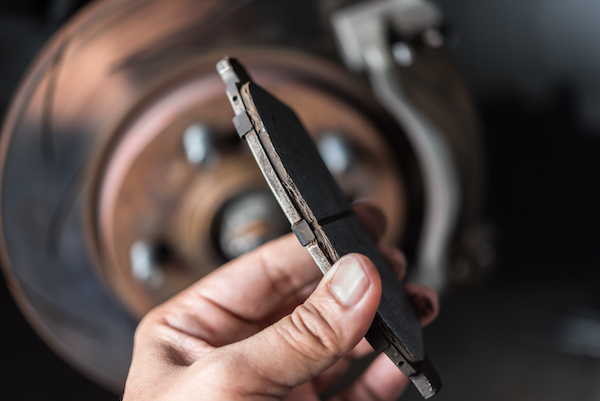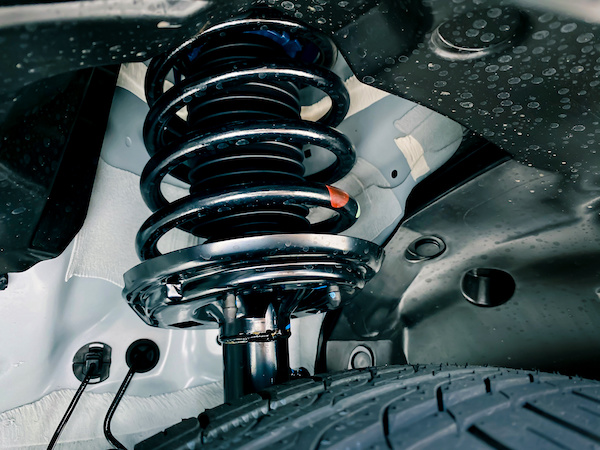Posted on 1/31/2022

If you have ever pushed on your brake pedals and nothing happens, or it takes a significant amount of pressure to slow down your car, you experienced what is known as "brake fade." Nearly every driver has experienced this type of brake problem, so you shouldn't worry. Because brake fade is a widespread problem for many drivers, it is vital for you to understand the causes of it and what you can do to prevent it from happening. Your vehicle's brake system has many parts at play: brake calipers, pistons, fluid, pads, and rotors. They all work simultaneously for one purpose: to create friction so that your vehicle speed can decrease (and stop). When your car can't produce friction in a timely manner, you can be at risk of colliding with other vehicles or objects and getting hurt. Below are some common problems that cause brake fade: Brake Overheating Most of the time, the primary cause of friction loss is too much heat. Heat accumulates in your brakes when you br ... read more
Posted on 1/24/2022

Most people think that their car's suspension system is only there to provide you with a smooth ride on the roads. While that may be true, they serve other purposes too. For instance, they help other key components (engine, transmission, drive train, tires, etc.) from absorbing the effects of shocks and bumps. If your suspension system isn't functioning correctly, you will undoubtedly be able to feel it. Here are some of the most prevalent signs that indicate you need suspension repair: Drifting or Pulling Hard to One Side If your vehicle is drifting more than usual during turns or pulls hard to one side when you drive straight on the highway, you may have a suspension. This problem is worth getting checked out ASAP, as it could also mean you need a wheel alignment. Uneven Treads Harshly irregular tire treads are another symptom of bad suspension (or wheel alignment problem). You need to rotate your tires regularly to even them out over time. Bumpy Ride If it seems ... read more